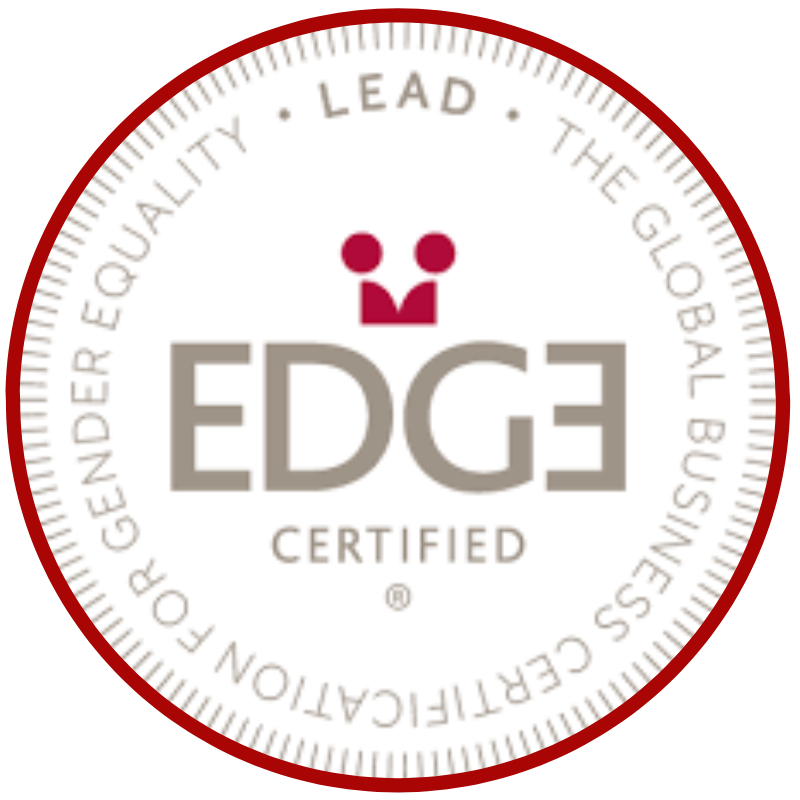From Today’s Huffington Post, http://www.huffingtonpost.com/maria-bello/women-key-to-haitian-rebu_b_831720.html
By Maria Bello and Stephenie Foster
Voters in Haiti go to the polls on Sunday, March 20, 2011 to elect a new president and a new Parliament. Those elected will face daunting challenges as Haiti rebuilds itself: quake-related devastation, systemic poverty, ongoing crises in the delivery of basic services such as health care and education, and violence. According to the International Organization for Migration, 3 million Haitians — nearly one third of the population — were affected by the quake; an estimated 1.3 million were displaced and 800,000 remain in camps. The UN estimates that 300,000 people lost their lives and that the majority of those were women. Before the quake, over 70 percent of Haitians lived on less than $2 per day. And then there is the cholera outbreak, which has affected thousands of Haitians.
Against that backdrop, Haiti must have an elected government that can help guide reconstruction efforts and priorities for all Haitians. Women’s views and voices must be heard in that process and must be part and parcel of those decisions. Women in Haiti have been greatly affected by the quake and must be able to effectively contribute their views, life experiences and perspectives to ongoing and critical debates about how to move forward.
Forty-two percent of households are now headed by women, and these women need access to jobs that can sustain them and their families, whether those jobs are in the public or private sectors, in traditional or non-traditional jobs, or in microenterprise. Women also face gender based violence and it is critical to change the attitudes and behaviors that cause that violence as well as treating the survivors.
There is a lot of attention being paid, and rightly so, to the fact that the next president of Haiti might be a woman, former First Lady and Senator Mirlande Manigat, who received over 31 percent of the vote in the first round. But this should not obscure the importance of women being involved at every level of decision making about the future, whether those decisions are being made through the political process or civil society. Whatever the outcome of the presidential election, Haitian women must be encouraged to step up for leadership in Parliament, national government, civil society, and local governments so they can be the pillars of the reconstruction process. There are still six women in the running for Parliament. This is a small number, but if elected, a number that can raise issues critical to women, their families and communities.
Perhaps even more important, however, is the involvement of women everywhere decisions are made, whether that is electing women to office at the local or national level or involving women in decision making about how camps are run or resources are distributed in communities. This is where the rubber hits the road for so many and where the reality of women’s lives and challenges becomes painfully important.
Haiti is a diverse society, with women and men at varying socioeconomic levels, speaking different languages and able to access decision making and resources in disparate ways. Everyone’s voice deserves to be heard and be part of Haiti’s future.





